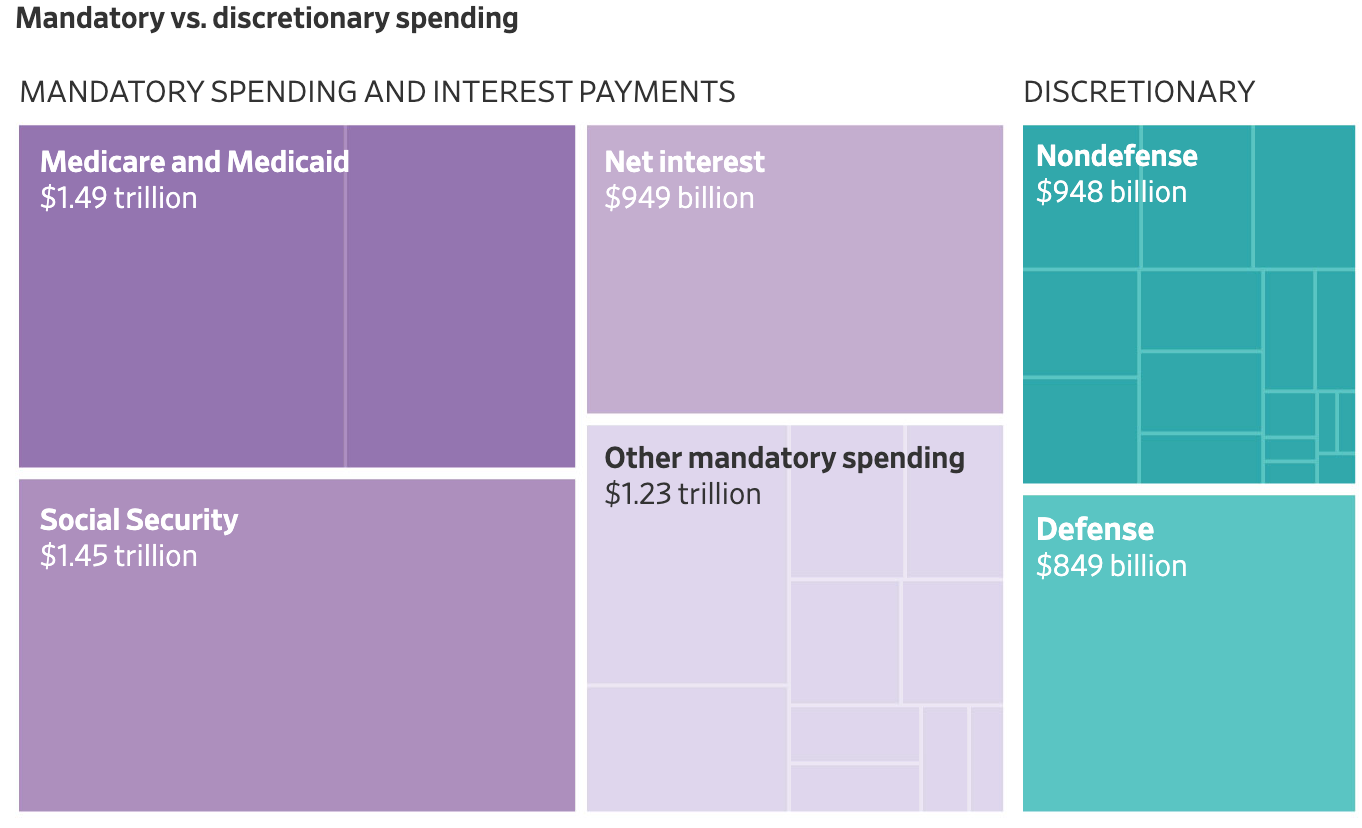"Let's talk of graves, of worms, and epitaphs"
Are we seeing Shakespearean drama in action?
In Richard II, Shakespeare’s famous play, the king is loathed for his self-serving and self-deceptive rule. He wastes money, steals land and kills political rivals.
Just after Trump’s first inauguration in 2017, Cornell history professor Rachel Weil drew parallels to the then newly anointed president.
“But Trump seems to be falling into the same traps as Richard II,” she wrote. “He takes the idea that he represents the people literally. Witness his unsubstantiated claims about having really won the popular vote, or the odd assertion in his inaugural speech that ‘for the first time in history we are transferring power from Washington, DC, and giving it back to you, the People.’’’
Of course, Trump did win the popular vote this time around, garnering 77.3 million votes to Kamala Harris’s 75 million, according to the latest Cook Political Report tally. But was that, as he has claimed, a “massive” mandate and “an unprecedented and powerful mandate?”
Or has he swallowed the fiction of what Weil called a king’s “miraculous” qualities in the play, the “superhuman” nature he deludes himself about? Has Trump accepted nonsense about himself and his role and powers much as Shakespeare’s Richard II did? Trump’s self-image now seems to include even a divine mandate.
“Many people have told me that God spared my life for a reason and that reason was to save our country and to restore America to greatness,” he told his supporters after winning the election.
Messianic self-delusion at work?
Perhaps we should look a bit more closely at his “mandate.” Let’s start with two important numbers: 41 percent and 49.8 percent.
The first figure is Trump’s current approval rating, which is 10 percentage points lower than it was in December 2016, just before he took office the first time. That suggests that nearly six in 10 Americans are onto him (indeed, his rating in the Reuters/Ipsos poll has long hovered at around 40 percent, seemingly his base).
And then there’s the second number, 49.8 percent. That’s the share of the popular vote he got, according to the latest Cook report tally. By contrast, Harris took 48.3 percent, suggesting she was clearly not as well-received, but not with much of a shortfall statistically.
Indeed, it’s clear that fewer than half the voters endorsed Trump. Most preferred Harris or someone else. In what world does that amount to a popular mandate, much less a divinely ordained one?
Still, it must be admitted that Trump’s party won domination of all three branches of government and that he controls the GOP. The party of George Bush the elder and Ronald Reagan is now his. Such eloquent and reasonable statesmen are now history, as is their approach to building national unity.
And much of the nation – including most top elected officials – now are under the thumb of a man claiming heavenly anointment. Richard II redux?
Well, perhaps we should refer both to him and to the courtiers who are catering to his every whim. Some, in fact, may be guiding the often-irrational 78-year-old, Rasputin-like.
Even though we are weeks away from his investiture, the new would-be monarch and his influential acolytes are flexing their muscles. Trump and Elon Musk – which some have called a “shadow president” – this week have used the possibility of a government shutdown to begin a process of gutting the government.
They felt no qualms about embarrassing Speaker Mike Johnson, who had negotiated a bipartisan spending deal. They torpedoed it.
Surely, Trump won’t want a shutdown marring his inauguration. So, we likely will see some sort of deal before then, perhaps imminently.
But does the threat of such a closure reflect what most Americans want? Do the spending cuts threatened in the coming four years reflect popular will? Do most of us want at least $2 trillion in spending cut from a government that spent $6.75 trillion in the latest fiscal year, as Musk has suggested? His Department of Government Efficiency, as the odd entity he co-leads is called, is already foreshadowing its efforts with the destruction of the budget deal.
And where will Trump and Musk find the programs to cut? So-called discretionary spending – the stuff that Congress votes on annually -- amounts to about $1.8 trillion, as The Wall Street Journal reported. This includes defense spending, such as buying everything from aircraft carriers to mess-hall meals, as the paper reported, to nondefense programs such as NASA, farm and housing programs, and such.
Will they go after Social Security, Medicare and Medicaid – even though Trump promised to not touch them? “The government’s big-ticket items provide healthcare for Americans and money for retirees,” the Journal reported. “Social Security benefits cost the government $1.45 trillion in the most recent fiscal year, according to CBO estimates published this month. Medicare and Medicaid were a combined $1.49 trillion.”
Already, some Republicans are renewing attacks on such programs. Utah Sen. Mike Lee, for instance, recently called Social Security a "Ponzi scheme that's running out of new investors" and "government dependency at its worst." Musk called Lee’s comments, in an X thread that Musk reposted, “interesting.”
For some billionaires, of course, programs that help folks of far smaller means are abstractions. If they ever knew hunger or want, they’ve apparently long forgotten that. And they are continuing a longstanding GOP resistance to such government efforts, an ideological battle that dates back to the New Deal.
In a sense, Trumpism isn’t all that new in this respect. It’s just another battle in the historic war between wealthy small-government ideologues and most Americans. With at least 13 billionaires in his proposed Cabinet and top offices, that battle clearly is tilted away from most Americans.
As Boston College historian Heather Cox Richardson wrote of laws passed in the New Deal that created Social Security and guaranteed various workers’ rights: “A majority of Americans of both parties liked the new system, but the reworking of the government shocked those who had previously dominated the country. As soon as the Social Security Act passed, opponents set out to destroy it along with the rest of the new system.”
The fight joined back then has long endured and it has involved many of the same demagogic tools. Just look at Trump’s campaign dog-whistles about race, religion and women’s rights. They, along with nativism, seem to be reliable standbys for a would-be right-wing president.
“A coalition of Republican businessmen who hated both business regulation and the taxes that paid for social programs, racists who opposed the idea of equal rights for racial and ethnic minorities, and religious traditionalists—especially Southern Baptists—who opposed the recognition of women’s equal rights, joined together to fight against the New Deal,” Richardson recounted.
So, Trump has vowed to deliver on the promises he made in his campaign. His tariff vows may rekindle inflation. His opposition to diversity and LGBTQ programs may inhibit rights minorities have fought for. His efforts to destroy the Department of Education may scramble our system of federal grants and advance such goals as destroying academic freedom and pursuits such as critical race theory. And, of course, we may see attacks on longstanding health mandates such as vaccination for childhood diseases.
Will taking such unpopular approaches ultimately do in a Trump Administration and guarantee a return of the Senate and House to Democrats in two years and of the White House in four? Of course, none of us can know that. We can’t know whether the extraordinarily dishonest and often incoherent Trump will deliver on his promises.
But, if he does, his fate could be a less violent replay of Richard II’s. In the play, the king is ousted and his main opponent seizes the crown. In the end, Richard is killed.
Our system, thankfully, provides for elections instead of such ugliness. But in the coming years, we may see either the permanent installation of a GOP minority or a renewed cyclical withering. Much will turn on what the once and future monarch decides.






